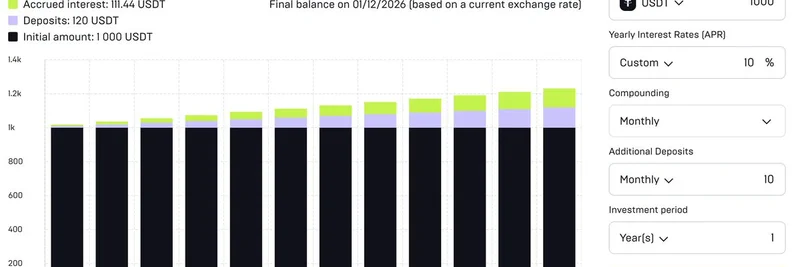In the ever-evolving landscape of decentralized finance (DeFi), Phantom's recent announcement of its integration with Hyperliquid for perpetual futures (perps) trading has sparked significant interest, especially within the Solana ecosystem. This move, highlighted by a tweet from fabiano.sol, underscores a pivotal shift in how users can engage with leveraged trading without the need for bridging assets. Let's dive into what this means for the Solana community and the broader DeFi space.
Phantom's Leap into Perpetual Futures
Phantom, a well-known web3 wallet initially focused on the Solana blockchain, has expanded its offerings by introducing support for perpetual contract trading, powered by Hyperliquid. This integration allows users to trade perps directly within the Phantom wallet, leveraging Hyperliquid's API to access markets while maintaining non-custodial control over their positions. As The Block reports, this development is particularly significant for EU users, marking Phantom's entry into the competitive perpetual trading arena.
The tweet from fabiano.sol captures the essence of this development, noting, "So it looks like Solana definitely lost the Perps PvP. You now only need SOL without bridging to go long/short on Hyperliquid." This statement reflects a broader sentiment within the community that Hyperliquid's solution offers a more streamlined approach compared to other Solana-based perpetual trading platforms.
Hyperliquid's Role and Impact
Hyperliquid, known for its impressive trading volume of over $1.57 trillion in the past year, brings a robust infrastructure to the table. Its permissionless integration with Phantom's wallet means users can now access a wide array of markets with up to 40x leverage, all from their mobile devices. This is a game-changer, as it simplifies the trading process and reduces the friction associated with traditional bridging methods.
For those unfamiliar with perpetual futures, these are derivative contracts that allow traders to speculate on the price movements of assets without an expiration date. They are particularly popular in DeFi for their flexibility and the ability to use leverage, which can amplify both gains and losses. Phantom's integration with Hyperliquid makes this accessible to a broader audience, potentially democratizing access to sophisticated trading strategies.
Solana's Market Dynamics
The integration also highlights the competitive dynamics within Solana's DeFi ecosystem. As fabiano.sol points out, this move might signal a setback for other Solana-native solutions that were vying for dominance in the perpetual trading space. Platforms like Jupiter Exchange, which offers up to 100x leverage, and other projects like Drift and Zeta Markets, are now facing increased competition.
However, this competition is healthy for the ecosystem. It pushes innovation and improves user experience. For instance, Jupiter Exchange's user-friendly interface remains a strong point, and there's hope, as expressed in the thread, that it might "come back with a smash." This ongoing rivalry ensures that users benefit from continuous improvements and new features.
Technical Insights for Blockchain Practitioners
For those with a technical bent, it's worth noting the architectural advantages Hyperliquid brings to the table. As discussed on Solana Compass, Hyperliquid's Layer 1 architecture offers superior performance for high-frequency trading, a critical factor for perpetual futures markets. This is achieved through optimized order execution and reduced gas fees, which are particularly challenging on general-purpose blockchains like Ethereum or Solana.
Phantom's decision to leverage Hyperliquid's API rather than develop a native solution is strategic. It allows Phantom to focus on its core competency—providing a seamless user experience—while tapping into Hyperliquid's established infrastructure. This modular approach is indicative of broader trends in DeFi, where interoperability and composability are key.
Conclusion
Phantom's integration with Hyperliquid for perpetual futures trading marks a significant milestone in Solana's DeFi journey. It offers users a more accessible and efficient way to engage in leveraged trading, potentially reshaping market dynamics. For blockchain practitioners and enthusiasts, this development is a reminder of the rapid pace of innovation in the space and the importance of staying informed.
As the DeFi landscape continues to evolve, keep an eye on how these integrations and competitions play out. The future of perpetual trading on Solana looks promising, with Phantom and Hyperliquid leading the charge.
Stay tuned to Meme Insider for the latest updates and deep dives into the world of meme tokens and blockchain technology.


